The inaugural World
Conference of Classics opened in Beijing on Nov. 7th, themed “Classical
Civilizations and the Modern World.”
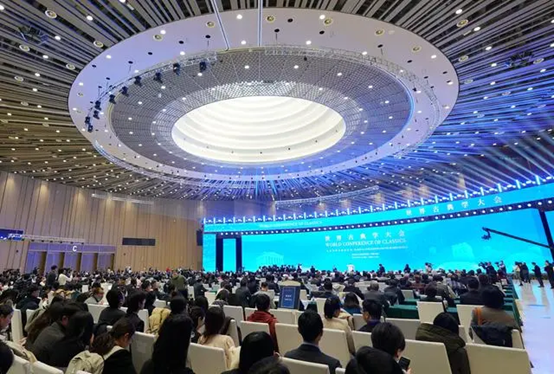
This global
gathering focuses on the lasting influence of classical civilizations on
contemporary society and features prominent figures, including Li Shulei,
Politburo member and Minister of the Publicity Department of the Communist
Party of China, who read a congratulatory message from Chinese President Xi
Jinping and delivered opening remarks. Greek Ambassador to China, Evgenios
Kalpyris, read a message from Greek President Katerina Sakellaropoulou, while
UNESCO Director-General Audrey Azoulay sent a written address.
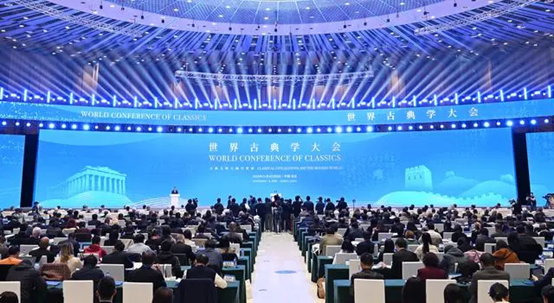
The Conference
welcomed esteemed speakers, including Zhang Donggang, Chair of the University
Council of RUC, Martin Kern, Professor at Princeton University and Director of
RUC’s Center for the Study of Ancient Texts and Cultures, and Liu Xiaofeng,
President of the Classical Studies Division of the Chinese Association of
Foreign Literature.
Professor Kern
presented on integrating early Chinese studies into global classical
scholarship, advocating for a research model that connects Chinese and global
classical studies, breaking traditional language and cultural boundaries to
foster mutual understanding.
Liu Xiaofeng
addressed the theme of continuity and change between classical and modern
times, underscoring that shifts between the ancient and modern are universal
and timeless. He argued that classical studies should not be constrained to
antiquity but should address present-day concerns, as shared wisdom from
classical texts across civilizations provides insights into the future of
humanity.
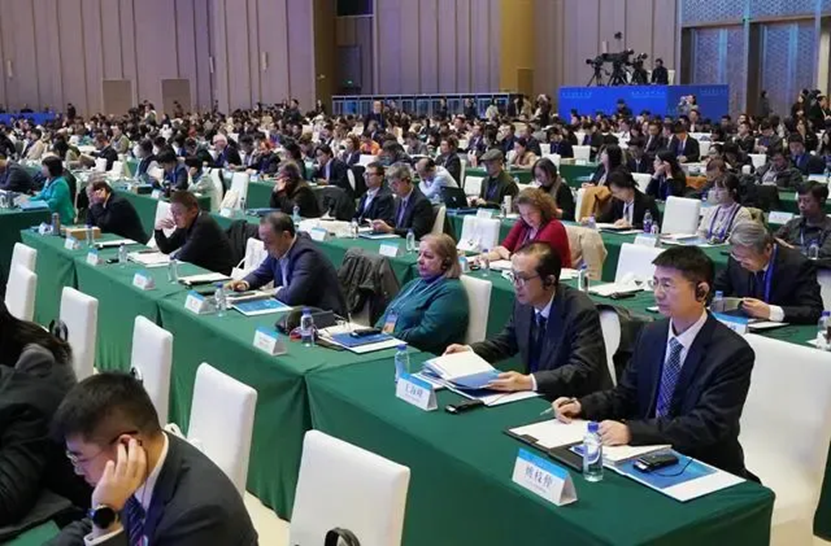
The second forum,
hosted by RUC, centered on “Classical Translation and Interpretation.” Scholars
from Princeton, Stanford, Oxford, Osaka University, and top Chinese
universities explored how classical translation has fueled cultural exchange.
Experts in early Chinese, Greek, Egyptian, and Mesopotamian studies examined
classical texts and languages, discussing how translation practices contribute
to civilizational dialogue.
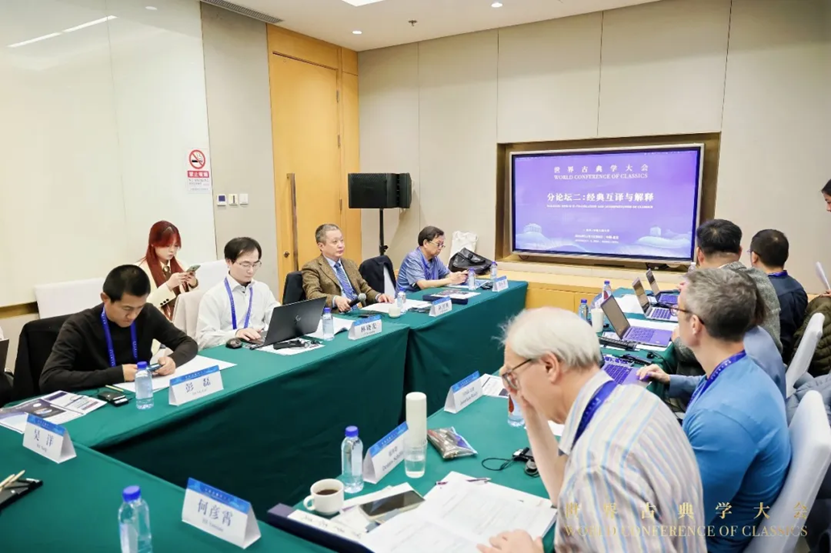
On November 8, the
Conference continued with discussions on “Intellectual Dialogue in Classical
Translation.” Scholars analyzed influential cases, such as Plato’s impact on
8th-century Indian thought and the role of the I Ching in East-West
philosophical exchanges, emphasizing the cultural importance of translation
across civilizations.
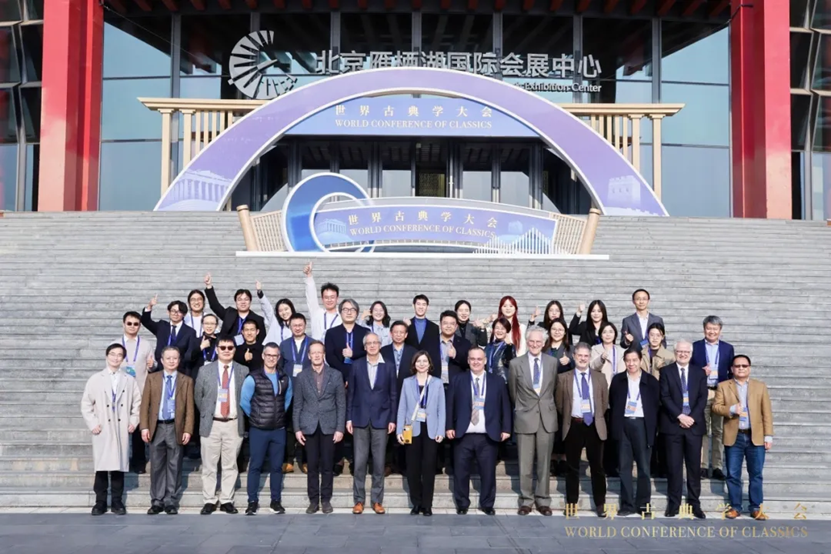
Organized by the Chinese Academy of Social Sciences, the Chinese Ministry of Education, the Ministry of Culture and Tourism, Greece’s Ministry of Culture, and the Academy of Athens, the World Conference of Classics brings together over 600 participants, including scholars, cultural leaders, and youth delegates from around the world. This historic gathering is set to enrich classical studies by applying insights from ancient civilizations to today’s global challenges, promoting cross-cultural exchange, and contributing to the vision of a shared future for humanity.
Since August, a
series of preparatory events have enriched the Conference, including a Youth
Scholars Workshop in Suzhou and the “Dawn of Civilization” conference, where
researchers examined the origins of literature across ten ancient
civilizations, fostering interdisciplinary and cross-cultural perspectives.
From November 5–9, lectures covering topics from ancient Egypt to the
Renaissance were held, adding depth to the Conference’s explorations.
RUC, a pioneering
institution in classical studies and comparative classics, has developed
extensive resources in ancient text research. Since founding the Center for the
Study of Ancient Texts and Cultures in 2017, RUC has hosted numerous
international conferences, workshops, and lectures, establishing a platform for
dialogue that attracts scholars and students from institutions such as Harvard,
Princeton, and Cambridge, who engage in vibrant exchanges within China’s
academic landscape.


